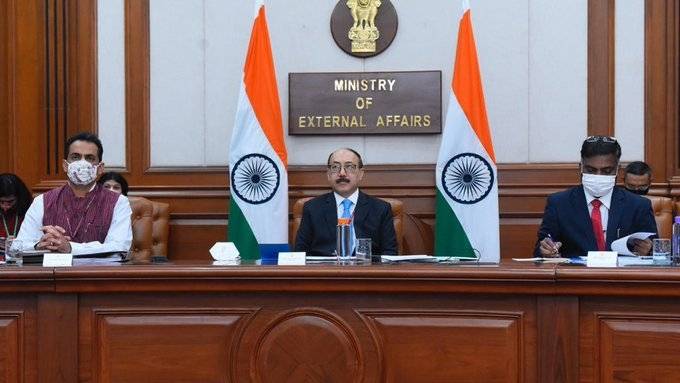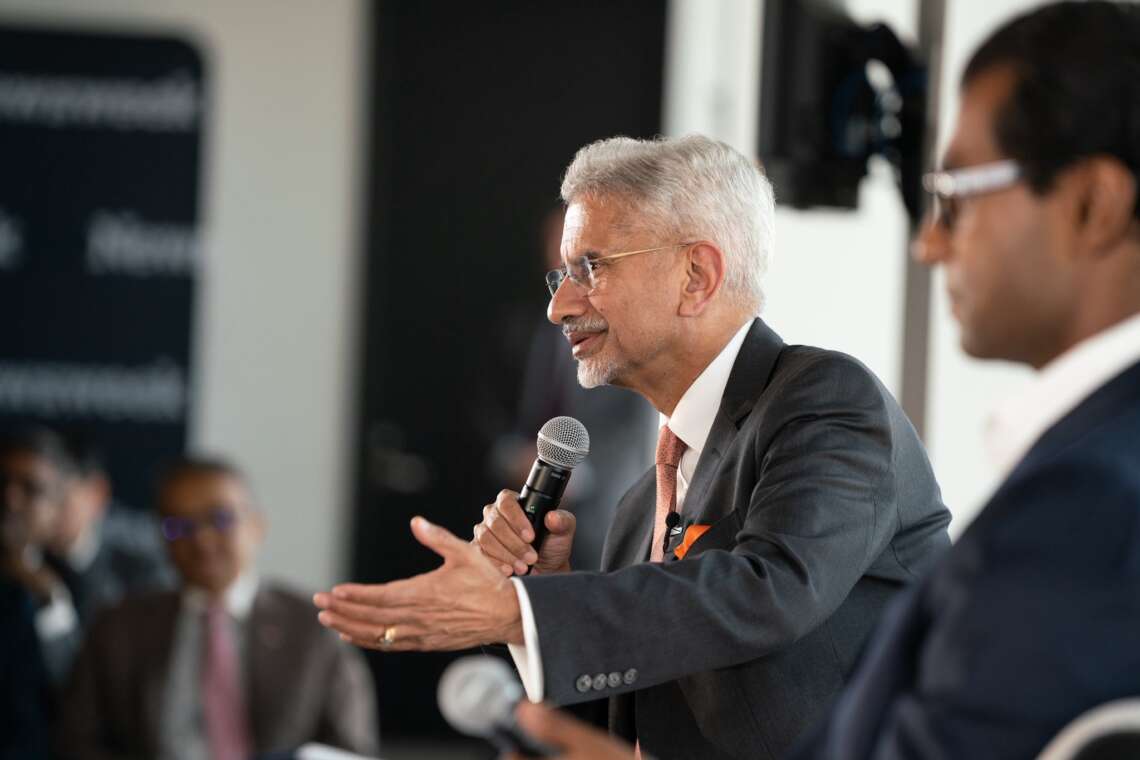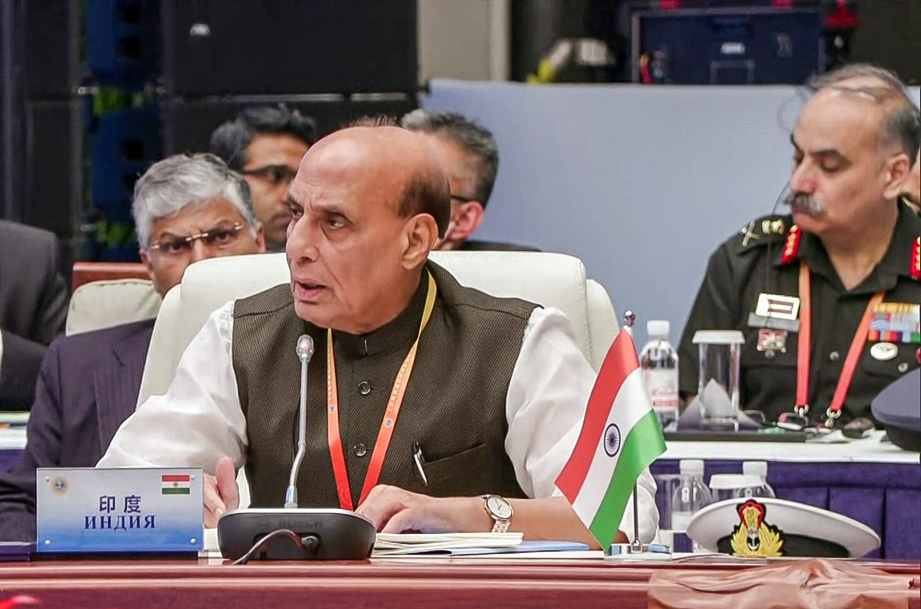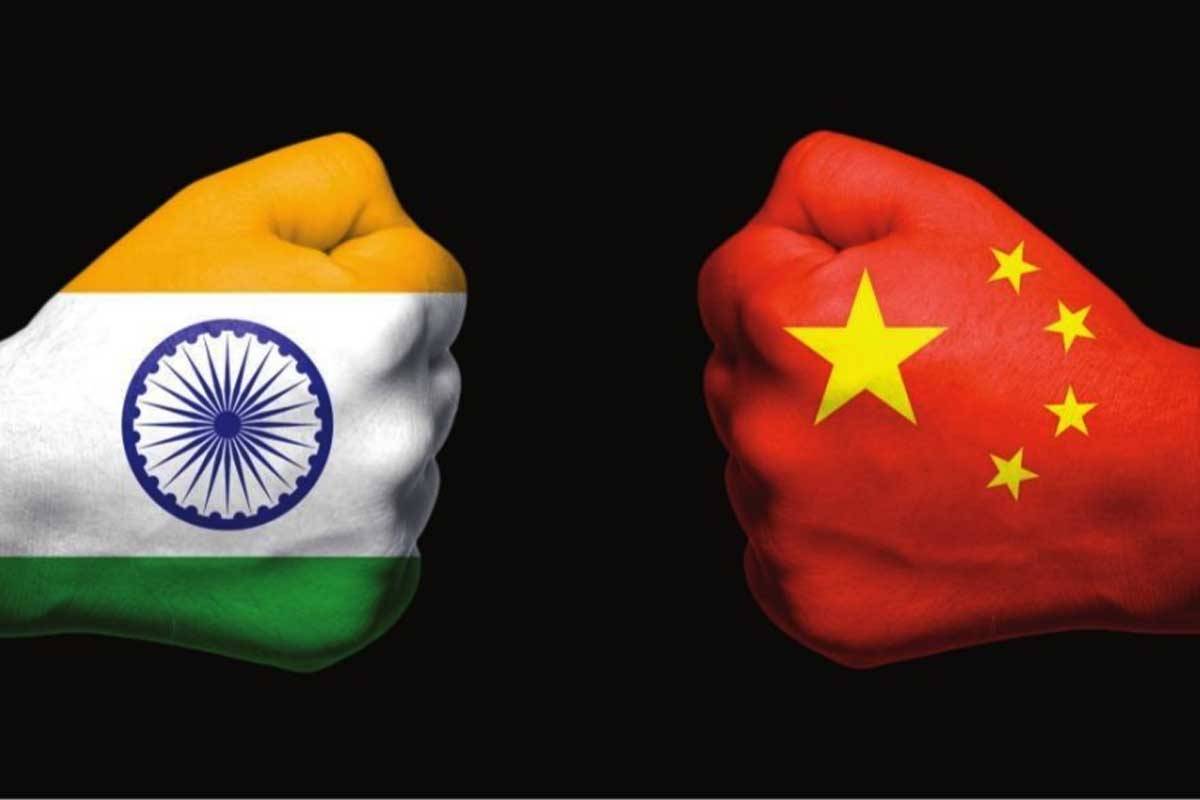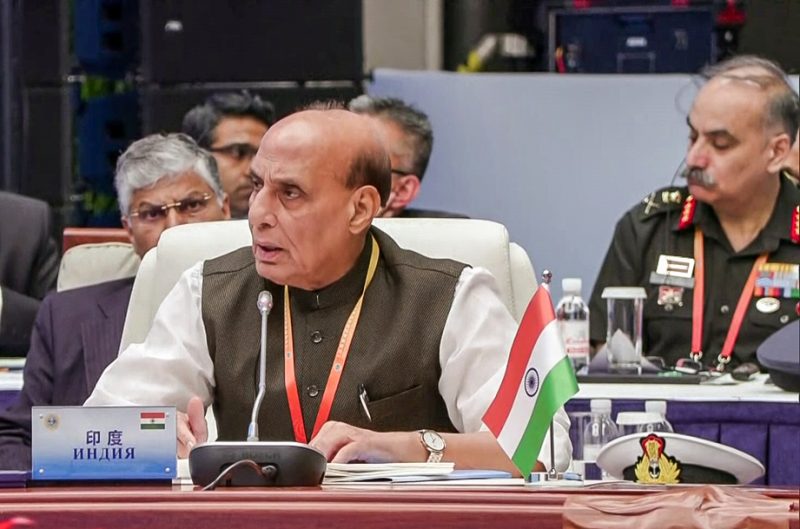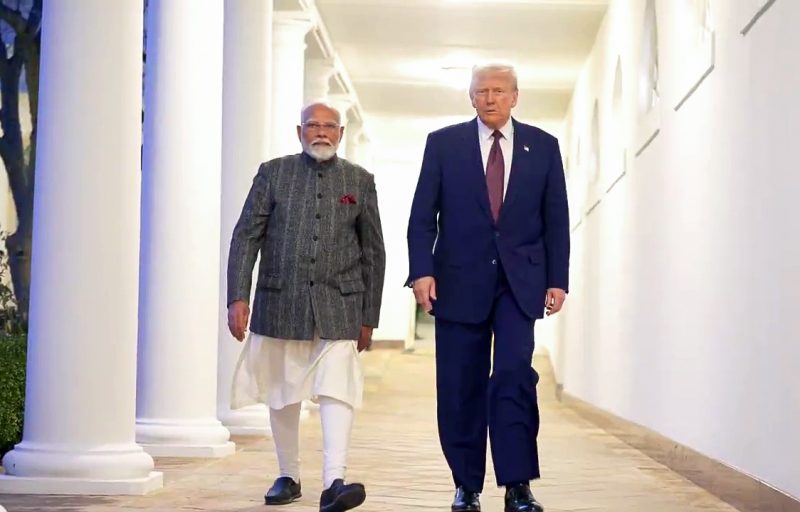Shringla also said that India and other countries in the Indian Ocean Region (IOR) now operate on the basis of an expanded context of regional security…reports Asian Lite News
A lack of commitment to settle international (maritime) law has led to an increased militarisation in the Indian Ocean Region (IOR), Foreign Secretary Harsh V Shringla said on Monday.
In his address at the inaugural session of the Goa Maritime Conclave, which got underway on Monday, Shringla said: “Another set of challenges arise from geopolitical volatilities: A lack of commitment to settle the international law has led to an increased militarization of the region. Militarisation always adds to complexities.”
“The IOR is quite obvious it will face an increasingly complicated, rapidly evolving and more demanding security situation with an ever increasing battery of threats and uncertainty. This requires all of us and in particular the navies, the coast guard and the maritime security agencies of this region to do more together. India stands ready and willing to do its share in bettering this record,” he added.
Shringla also said that India and other countries in the Indian Ocean Region (IOR) now operate on the basis of an expanded context of regional security and said that a new set of measures and arrangements are being developed which are based less on a traditional military alliance and more on cooperation on prevention of maritime crimes and promoting interoperability across borders.
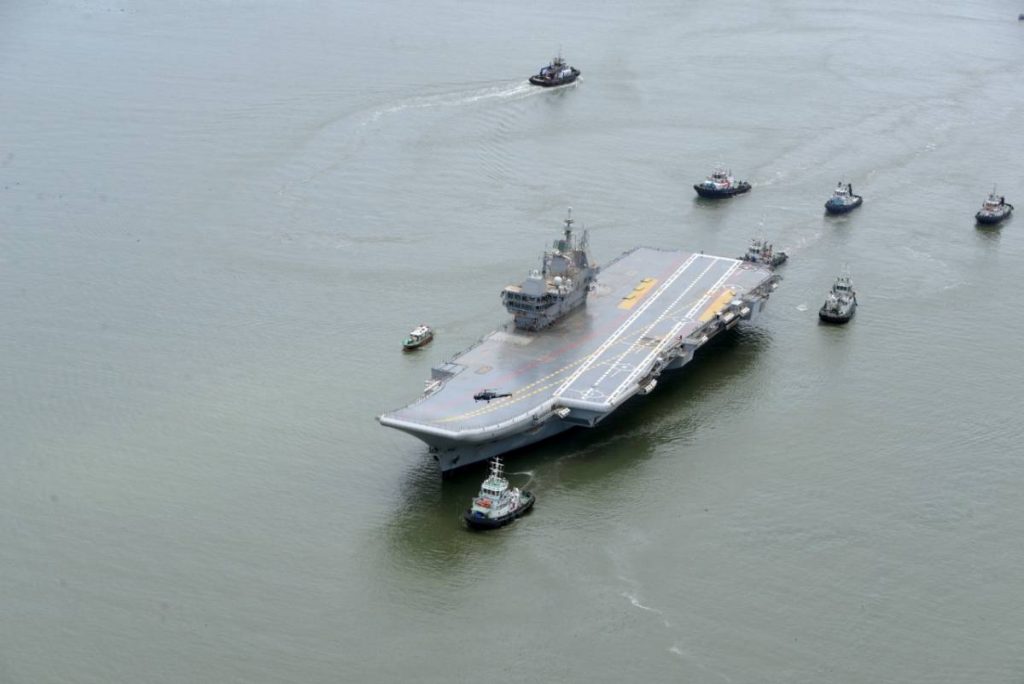
“Many of these cooperative activities that we undertake are in policing and law enforcement. It is my belief that these measures are more appropriate to the newer and rapidly evolving that we are confronted with,” he said.
“An audience like this will appreciate the new threats and security challenges that are continuously emerging. Non-traditional threats and new technologies have combined to form a whole new spectrum of sub conventional security threats. New players have emerged,” he added, citing transnational crime syndicates, human trafficking, smuggling, narcotics and illegal, unreported and unregulated fishing as the new players which are posing a threat to the region.
Such non-state players, he said, are now working to diligently “diminish security and well-being in the region”.
“The blue economy potential, while creating opportunities and prosperity, generated vulnerabilities. Irresponsible fishing is damaging our food security. More commerce means more accidents, it means more pollution. The blue economy supports an increased number of coastal economic and population centres,” he said.
“Natural disasters can and do affect them. They also provide targets for terrorists supported and encouraged by the irresponsible governments using the oceans to move, infiltrate and threaten offshore and coastal access. Such terrorists tend to combine with transnational criminals,” he added.


